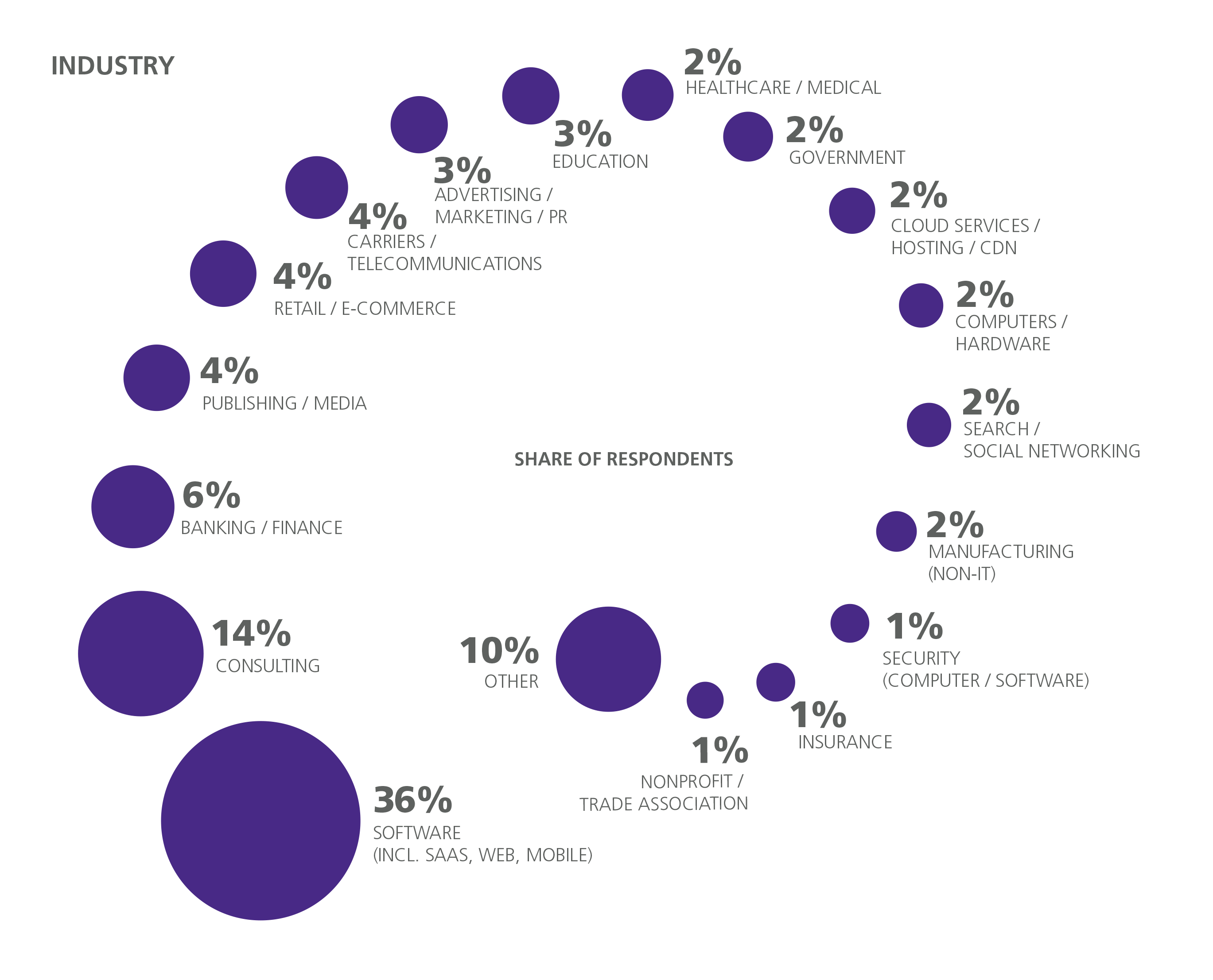
There are many steps that you can take to be a web designer, whether you're looking for a job or simply want to learn more about this career. These steps include learning about the requirements of a web developer, creating a portfolio and resume, and earning certifications to help you stand out on the job market.
Step One: Identify Your Skills
It is important to have a deep understanding of the internet in order for you to be a successful web developer. This includes knowledge about HTML, CSS, JavaScript, as well as other programming languages. It involves knowledge of popular platforms and tools used to build and design websites.
Next, identify your passions and interests. This will allow you to focus on the things you enjoy most about web development, which will help you develop your work quality.
In addition, your interests and passions can help you stay motivated to learn new skills, as well as provide a better way for you to approach work and communicate with clients and other professionals.

Once you've identified your passions and interests, you can start to create a portfolio. This portfolio is a great way show off your talents and to demonstrate your web development skills.
Your portfolio should include your best projects along with any certifications. Potential employers will be able to see the value of your work and determine if you are the right candidate for the job.
Step two: Apply for a web development job
Once you've created your portfolio, it's time to start applying for a web developer job. You can find job boards online or use career-search websites to do this.
Many jobs require an associate's or bachelor's degree in computer science, while others might only ask for certifications. You may need a doctorate or master's to hold a senior position.
How to Choose an Education Plan
A web developer education program should offer a range of learning options. This includes traditional academic study as well as non-traditional learning methods such bootcamps. These programs typically run for three months or less, and are designed to give you the skills employers seek.

You will learn the basics of web development and coding. You will also be exposed to industry leaders and trends in the field.
You can further your career development by continuing to learn online or self-study. Mentors can help you talk through your progress and guide to difficult technical tasks.
It is not as difficult as it might sound to become web developer. Actually, it is much simpler than you might imagine. If you have the right mindset to succeed in this field, as well as the right education, you can easily find a rewarding career.
FAQ
Why hire consultants?
There are many factors that could lead to you hiring consultants.
-
Your organization may have a specific project or problem that needs solving
-
You want to improve your own skills or learn something new
-
It is important to work with an expert on a subject area
-
You have no other choice but to do the job.
-
You feel overwhelmed by all of the information out there and don't know where to start
-
You can't afford to pay someone full-time
Word of mouth is the best way to find a great consultant. Ask your network if they are aware of any credible consultants. Ask someone you know who is a consultant for his/her recommendations.
If you choose to use online directories such LinkedIn, make sure to use the "Search People” function to locate consultants in your area.
What kind of jobs are there for consultants?
Consulting requires an in-depth understanding of operations and business strategy. Understanding how businesses work and their place in society is also essential.
Being a consultant requires great communication skills and the ability think critically.
Because they might be required to complete different tasks at different times, consultants must be flexible. They must be able and willing to adapt quickly to changes in direction.
They must be willing to travel for their clients. This type work can take them anywhere in the world.
They should also be able manage stress and pressure. Consultants may need to meet strict deadlines.
As a consultant you might work long hours. You may not get overtime pay.
What is a consultant?
Consultants are those who offer services to other people. This is more than a job title. You help others achieve their goals. This is done by helping others understand their options and making the right decisions.
Consultants are skilled at solving problems and overcoming challenges that can arise during projects. They can provide guidance and advice on how to implement the solutions.
Any questions you have about business, technology and finance, leadership or strategy, human resource management, customer service, customer service, or any other topic, a consultant can answer them.
What is the difference between consulting and freelancing?
Freelancers work as independent contractors and offer their services without the assistance of an agency or company. Hourly rates are usually charged based on the time they spend working on a client’s project. Consultants often work for companies or agencies that employ them. They are often paid monthly or annually.
Because they have control over their work hours and can set their prices, freelancers are more flexible than consultants. However, consultants often have better benefits, such as health insurance, vacation days, sick leave, retirement plans, etc.
What qualifications are necessary to become a consultant
It is not enough to have an MBA degree. You must also have experience as a consultant. You must have at least two years' experience working in consulting and/or training within a large company.
Your experience in strategy development projects requires that you work closely with senior managers. You will need to feel comfortable communicating ideas to clients and getting their support.
Additionally, you will need to pass a professional qualification such as the Chartered Management Institute Certified Management Consultant (CMC).
What are the advantages of being a consultant?
Consultants can often choose the hours and topics they work on.
This allows you the freedom to work wherever you like, whenever you want.
It also means you can easily change your mind without worrying about losing money.
Finally, you are able to manage your income and make your own schedule.
Statistics
- On average, your program increases the sales team's performance by 33%. (consultingsuccess.com)
- WHY choose me: Why your ideal client should choose you (ex: 10 years of experience and 6-week program has helped over 20 clients boost their sales by an average of 33% in 6 months). (consultingsuccess.com)
- According to statistics from the ONS, the UK has around 300,000 consultants, of which around 63,000 professionals work as management consultants. (consultancy.uk)
- 67% of consultants start their consulting businesses after quitting their jobs, while 33% start while they're still at their jobs. (consultingsuccess.com)
- Over 50% of consultants get their first consulting client through a referral from their network. (consultingsuccess.com)
External Links
How To
How to Find the Best Consultant
Ask yourself what you want from your new consultant before you start looking. Before you start looking for someone to work with, it's important that you know your expectations. Make a list of everything you think you might need from a consultant. This could include things like; professional expertise, technical skills, project management ability, communication skills, availability, etc. After you have outlined your requirements, you might want to ask friends and colleagues for recommendations. Ask your friends or colleagues about any negative experiences they have had with consultants, and compare their recommendations with yours. Do some internet research if they don't have recommendations. You will find many websites such as LinkedIn, Facebook Angie's List, Indeed and Indeed where people can leave reviews about their past work experiences. Consider the ratings and comments of other candidates and use these data to start your search for potential candidates. Finally, once you've got a shortlist of potential candidates, make sure to contact them directly and arrange an interview. During the interview, you should talk through your requirements and ask them to explain how they can help you achieve those goals. It doesn’t matter if the person was recommended to you; it matters that they understand your business goals, and can show you how they can help.